Planning Pays Off: 5 Strategies to Get the Most Out of Your Delivery Speed Choice
July 11, 2024
5 min read
Introduction
The retail industry is experiencing a paradigm shift due to rising customer expectations and behaviors. With the rise of e-commerce, businesses are challenged to deliver personalized shopping experiences across various touchpoints.
This led to omnichannel retailing—a strategy that has emerged as a game-changer in the e-commerce sector. It is not surprising that about 77% of shoppers like to purchase from omnichannel retail enterprises. Additionally, projections indicate that by 2027, the omnichannel retail market in India will surge to a whopping USD 55 billion, a significant leap from the current USD 11 billion.
Want to learn more about omnichannel retailing? This article will go over the benefits of omnichannel retailing and how it may enhance the entire shopping experience.
Let’s get started!
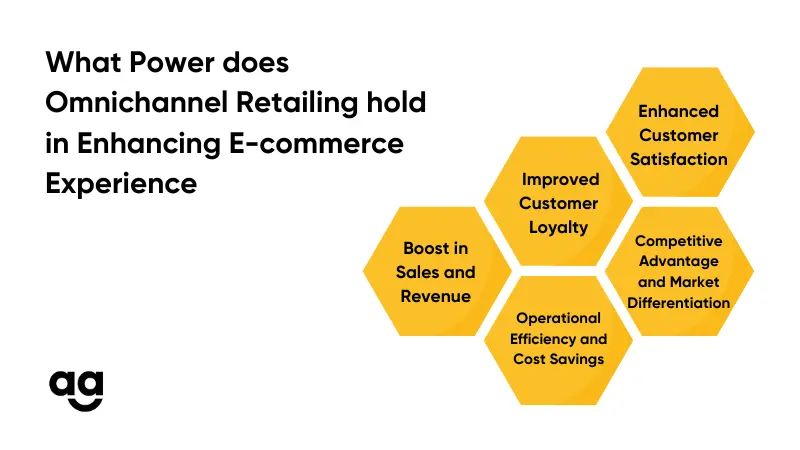
Understanding Omnichannel Retailing
The terms “omnichannel” and “multichannel” are often used interchangeably in the retail industry. However, they are different concepts. Omnichannel retailing is not merely offering multiple channels. It entails seamlessly integrating all shopping channels to provide customers with a consistent shopping experience.
Customers want consistency and convenience at every shopping touchpoint. This includes checking out products online on the website, visiting physical stores, or engaging through mobile apps or social media.
For example, a fashion marketplace may adopt a comprehensive omnichannel approach by integrating offline with online touchpoints. It can curate unique content for each platform, including informative articles and tutorials. It can also leverage innovative technologies like virtual try-ons to provide a superior customer experience.
The 5 Benefits of Omnichannel Retailing
Omnichannel retailing benefits both retailers and customers, making the whole shopping experience better. Let’s talk about these benefits in detail.
Enhanced Customer Satisfaction
Omnichannel retailing excels in delivering unparalleled customer satisfaction. These include offering convenience, choice, and personalization. Shoppers should be able to buy whenever they want, wherever they want, and on whatever platform suits them best.
After receiving consistent and relevant experiences across all channels, customers feel valued and recognized, leading to brand loyalty. Moreover, retailers can capitalize on invaluable consumer information to customize experiences such as personalized product recommendations, targeted promotions, or engaging content, which further enhances the shopping experience.
Improved Customer Loyalty
Omnichannel retailing acts as a springboard for developing long-term customer loyalty by promoting trust, involvement, and advocacy. In this regard, clients who receive customized offers complemented with individualized recommendations are more likely to act as brand advocates, thereby increasing their loyalty to the firm.
Retailers can strengthen their relationships with customers by offering rewards, incentives, and exceptional support at every touchpoint. This leads to repeat purchases and word-of-mouth referrals that generate positive feedback.
Boost in Sales and Revenue
Omnichannel retailing has one of the most significant advantages for increasing sales and revenue. It provides customers with multiple options and touchpoints to complete their purchase journey. So, it can massively enhance conversion rates, average order value, and lifetime value of customers.
It provided seamless channel integration. Thus making it easy for retailers to sell their products or services to customers based on their preferences. Consequently, customers are likely to make more purchases or even return for future transactions.
Operational Efficiency and Cost Savings
Omnichannel retailing optimizes processes, leading to streamlined operations that reduce costs through shared resources between channels. Retailers can manage inventory, fulfillment, and customer service efficiently with integrated systems and centralized data management, which eliminates redundancies while minimizing errors.
Store fulfillment options like buy online, pick up in-store (BOPIS), and click-and-collect offered by self-service reduce shipping costs and improve order fulfillment efficiency. This further enhances operational efficiency and cost-effectiveness.
Competitive Advantage and Market Differentiation
Embracing omnichannel retailing gives sellers an upper hand. It can greatly help them stand out in a crowded market. By providing better shopping experiences that fluidly merge online and offline interactions, retailers can separate themselves from their rivals and attract choosy buyers.
Additionally, companies that prioritize omnichannel strategies are poised to adapt to shifting customer preferences and market trends, stay ahead of the game, and remain relevant in a dynamic retail landscape.
How Can Third-Party Logistics Providers Transform Your Final Delivery Process?
3PLs are experts in managing some or all of your fulfillment requirements. They provide services such as storage, inventory control, and important last-mile delivery options. Here’s a breakdown:
Strategic Warehouse Locations
Third-party logistics providers typically maintain a network of strategically positioned warehouses nationwide. It enables them to store your goods in close proximity and deliver them to your clientele, resulting in significant reductions, in delivery times.
A wider network also allows you to expand your customer base. This, in turn, results in increasing your reach to new markets without the need for additional investment in your own infrastructure.
Efficient Order Fulfillment
3PLs have extensive experience and expertise in order fulfillment. Their team can swiftly and effectively select, prepare, and deliver your orders, guaranteeing precision, streamlining operations, and reducing errors.
Also, you won’t need to invest in additional staff or equipment for order fulfillment, potentially saving you significant labor costs.
Advanced Technology Solutions
Many 3PLs offer real-time shipment tracking tools, helping you and your customers to monitor the progress of deliveries easily. Additionally, they can handle returns and exchanges efficiently, reducing customer frustration.
Inventory management is further simplified. 3PLs often have sophisticated inventory management systems that can help you track stock levels and prevent stockouts or unnecessary delays in shipments.
Diverse Delivery Options
3PLs typically have multiple partnerships with various courier companies, giving you access to a wider range of delivery options and competitive rates.
Courier pickup and delivery have never been easier. 3PLs can handle both inbound (receiving inventory) and outbound (delivering to customers) courier pickups and deliveries.
Conclusion
As e-commerce continues to reshape the retail landscape, the importance of omnichannel retailing in delivering exceptional customer experiences cannot be overstated. By seamlessly integrating online and offline channels, businesses can create a unified shopping journey that delights customers at every touchpoint.
While you implement your omnichannel retail strategy, delivery is the biggest factor for improving your customer’s shopping experience. Omnichannel retail strategies may be made even more effective for e-commerce enterprises with the help of dependable logistics providers like Shipyaari. Our capabilities include transportation, warehousing, order fulfillment, and delivery.
Wondering how to get started? Take a free look at it now!
Frequently Asked Questions
Omnichannel retailing is a strategy that seamlessly integrates all shopping channels—online, in-store, mobile apps, and social media—to provide customers with a consistent and cohesive shopping experience across all touchpoints.
Omnichannel retailing enhances customer satisfaction by offering convenience, choice, and personalization. Customers can shop whenever, wherever, and on whatever platform suits them best, receiving consistent and relevant experiences across all channels.
Retailers benefit from increased sales and revenue, improved customer loyalty, enhanced operational efficiency, and cost savings. Omnichannel strategies also provide a competitive advantage and help retailers differentiate themselves in the market.
Suggested Reads
Hyperlocal Personalization: Tailoring Experiences for Local Customers
Introduction The eCommerce industry in India has witnessed a rapid growth of hyperlocal services in
Continue ReadingDec









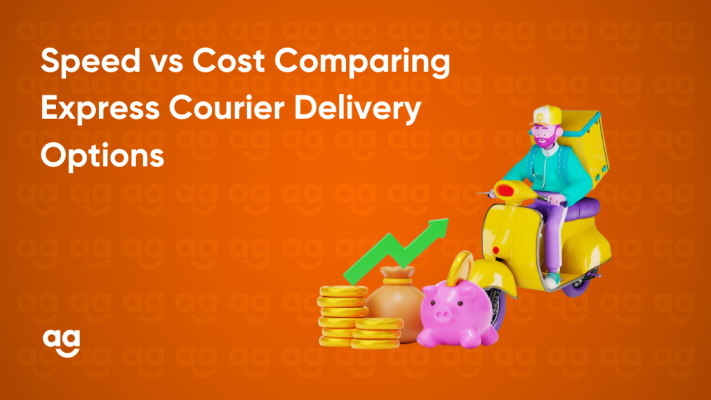
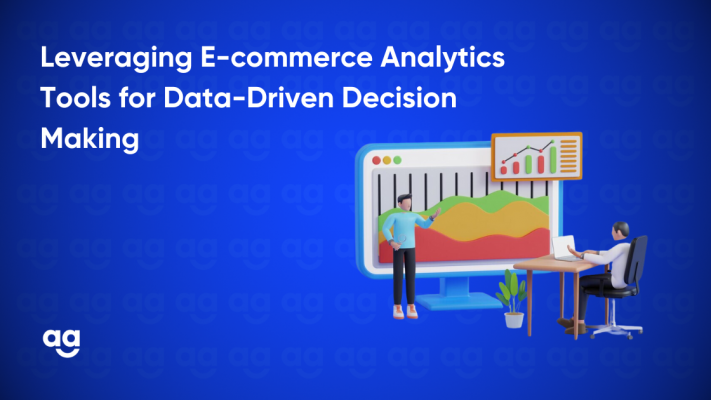


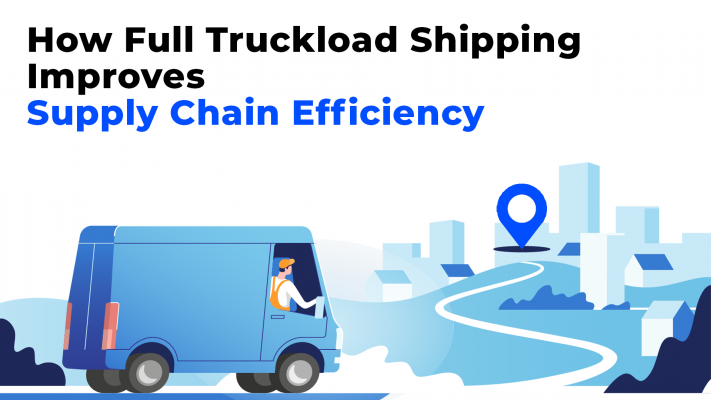

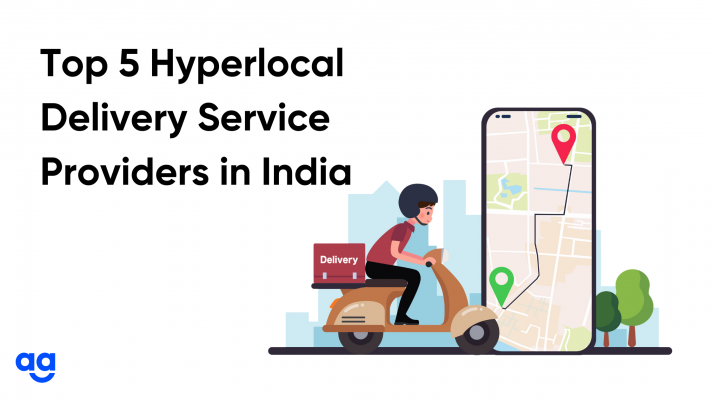
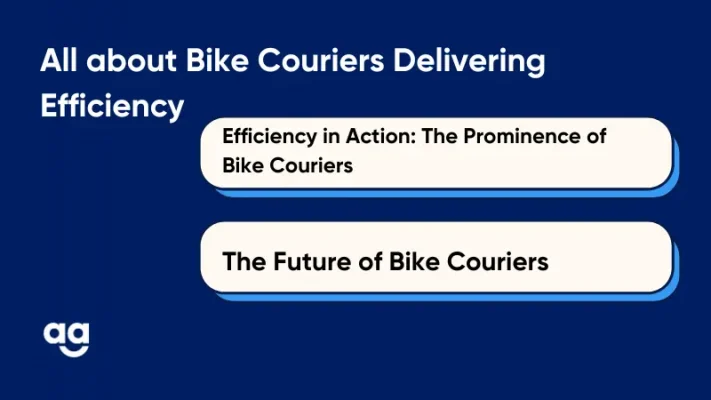
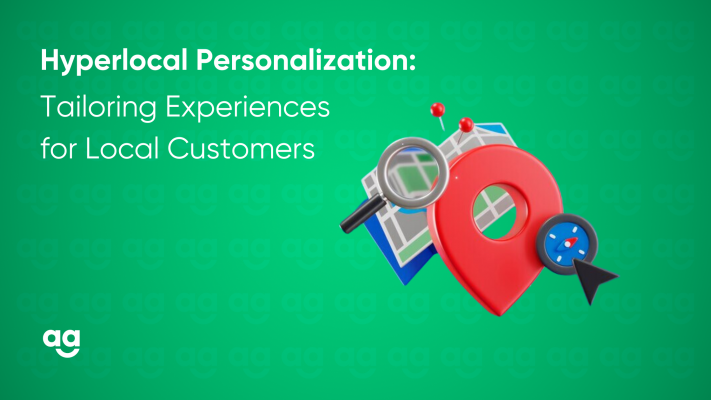
 Shipping
Shipping







